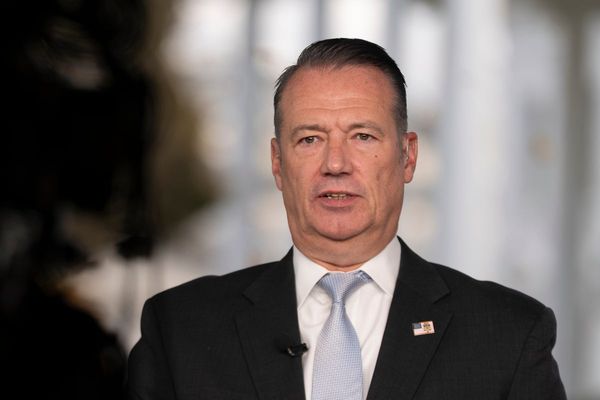
In the latest energy transition development, Taiwan Power Company (Taipower) transformed a disposal site for mine waste into a 32-acre photovoltaic power park in Nantou last year. To date, the power system has generated 600,000 kilowatts of electricity, enough to power 1,800 households for a month.
Phase two of Taipower’s project (which will have a capacity of 8 megawatts at completion) is set to finish by the end of 2021. Not only will it be the third highest capacity solar field in Taiwan — it would be one of the country’s most unusual sources of solar energy.
The photovoltaic system consists of 3,320 pieces of high-efficiency solar panels. If the space underneath the panels is covered by weeds, it might affect the energy generation efficiency and shorten the lifespan of the panels. A photovoltaic power plant normally needs weed control to maintain the capabilities of the panels.
But to avoid harming the environment, Taipower prohibited the use of herbicides. Instead, the company came up with the “cow-and-electricity co-existence” project.
Partnering with the Council of Agriculture, Taipower brought in two Taiwanese Yellow Cattles, Biggie (大仔) and WanWan (彎彎), to help with the weeding work.
A Taipower representative said that the company also only uses water, rather than a cleaning agent, to wash the solar panels. To protect the plants and flowers in the power park, Taipower took notes from overseas solar power plants that also use animals instead of mowers for weed control.

The government has set a goal for 20% of the country's electricity consumption to be drawn from renewable energy sources by 2025. The highest expectations are held for solar power, which is estimated to be able to produce 20 gigawatts. Roof-based panels already have reached their goal of producing 3 gigawatts, but the goal for ground-based panels (17 gigawatts) still lies a bit in the distance. The fields of Taiwan are sprouting sporadic solar panels across various regions, while companies are renting pieces of land to build solar panels.
Solar power is a profitable trade. In Taiwan, solar panels consuming space that’s less than 660 square meters only require a simple permit application. According to Council of Agriculture statistics, over 954 applications to install solar panels in farmlands have been approved. This has raised concerns over the loss of arable land, and the council has revised the regulations in July to tighten the requirement.
READ NEXT: Taiwan to Ban Local Distribution of Chinese Streaming Services
TNL Editor: Daphne K. Lee, Nicholas Haggerty (@thenewslensintl)
If you enjoyed this article and want to receive more story updates in your news feed, please be sure to follow our Facebook.







